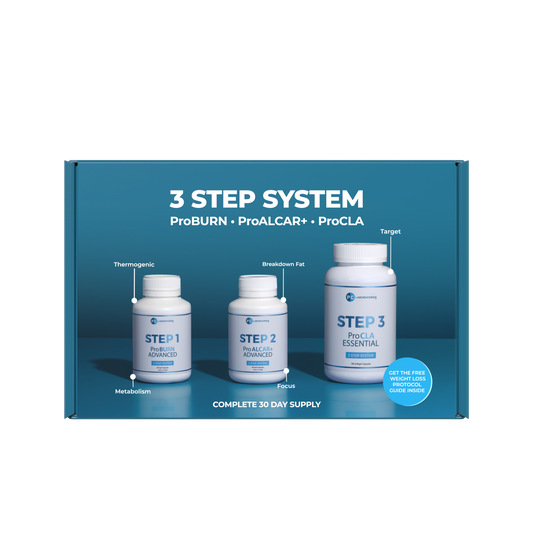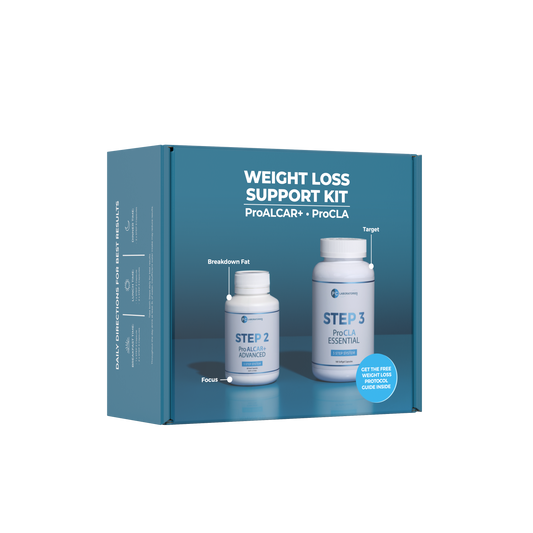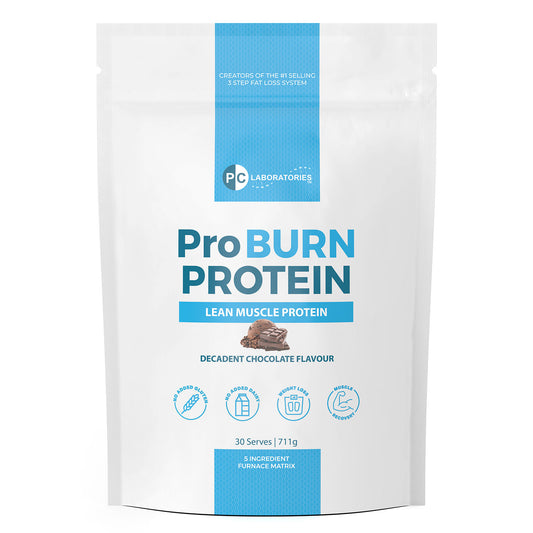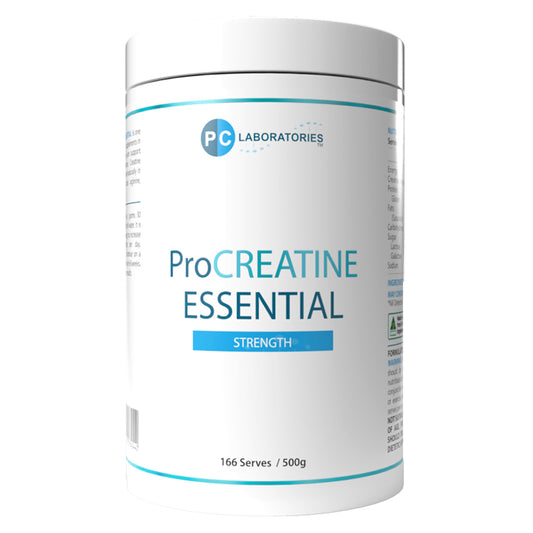That said, what exactly is creatine and how does it work? Does the supplement live up to the hype amongst training circles?
Let’s explore the benefits and science behind creatine supplements so you can decide whether they would be a good choice for you.
What Is Creatine and How Does It Work?
First things first, creatine is a molecule that plays a vital role in energy metabolism. It helps to store energy in the form of phosphocreatine. This then becomes ATP (adenosine triphosphate), which is the main energy source for muscle contractions.
As well as naturally occurring in the body, creatine is found in certain foods, such as red meat and fish. Creatine supplementation increases the levels of phosphocreatine stored in the muscles and supports energy production during heavy workouts, such as weightlifting, jumping and sprinting.
What Are the Benefits and Science of Taking Creatine Supplements?
Studies have shown that there are several benefits of supplementing with creatine, but here are the main 5.
1. Strength and Performance
By increasing energy production in the muscles, creatine supplements cause muscle contractions to be more intense, which results in more power and strength.
2. Increased Muscle Mass
Various studies have indicated that creatine supplements can boost muscle mass and improve body composition. The water content in the muscles increases and swells, which is known as cell volumisation.
3. Endurance
Creatine supplements can reduce fatigue and allow for longer, more intense workouts.
4. Injury Prevention
Reports suggest that oral creatine can reduce the frequency of cramping, muscle tightness, pulls or strains, dehydration and injuries to the muscles, tendons, ligaments, bones and nerves.
5. Improved Recovery
By reducing muscle damage and oxidative stress, creatine supplementation can enhance your recovery post-exercise.
How to Take Creatine Supplements
The average person following an omnivorous or carnivorous diet will consume one to two grams of creatine per day. This means that vegetarians have lower resting creatine concentrations and they may see greater gains from supplementing with creatine. However, it could take longer for muscle levels to develop.
If you did want to give creatine supplements a try, the recommended daily dose of creatine is three to five grams taken with or without food. The PC Laboratories ProCreatine Essential is a premium powdered version that can be blended with any beverage of your choice but is best suited to a protein shake or smoothie.
In terms of when to consume creatine, research shows that post-workout maximises the benefits compared to consuming it pre-workout. Some people choose to cycle their intake, supplementing with creatine for 4-6 weeks and then breaking for 2-4 weeks before repeating.
Why? This minimises the risk of any potential side effects.
Final Thoughts on The Benefits and Science of Creatine Supplements
Creatine supplementation can provide a range of benefits for athletes and fitness enthusiasts aiming to improve their performance and build muscle mass.
Not everybody will respond the same way to creatine supplementation. Results can differ depending on factors such as age, muscle mass and individual muscle fibre type. Even so, it’s considered safe and effective for the majority of people.
As with any supplement, consult with a healthcare professional before starting a creatine regimen for the best results.








